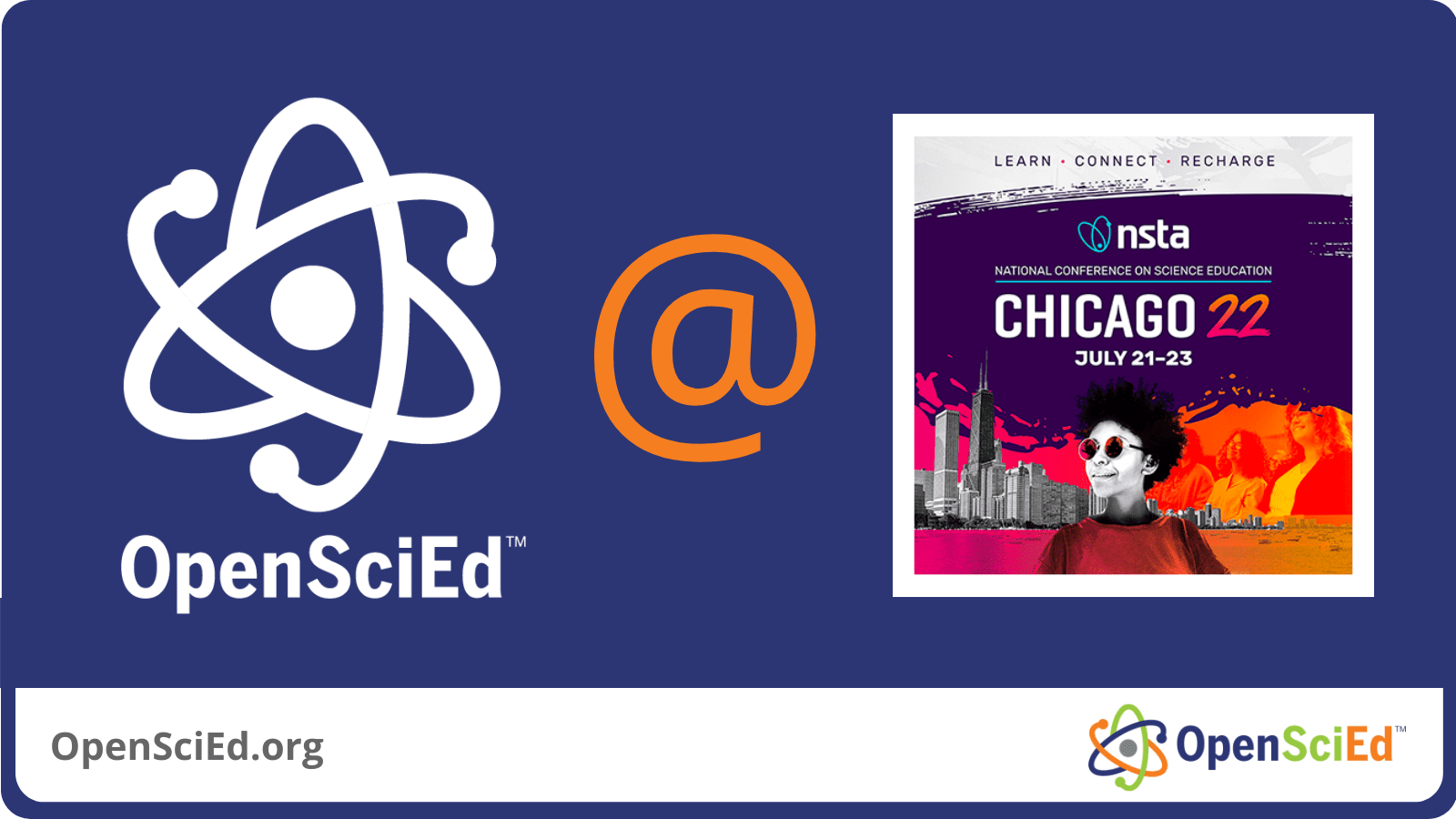Launch PD (4-day): Light & Matter, Contact Forces, Chem Reactions & Matter
OEI has planned an engaging 4-day Curriculum Launch PD : Light & Matter, Contact Forces, Chem Reactions & Matter (Cohort 2) July 11-14, 2022 at the Connors Center, Dover, MA. Please note this is a 4 day event! July 11th 8 am - 4 pm, with reception and dinner following July 12th 8 am-4 pm, […]





